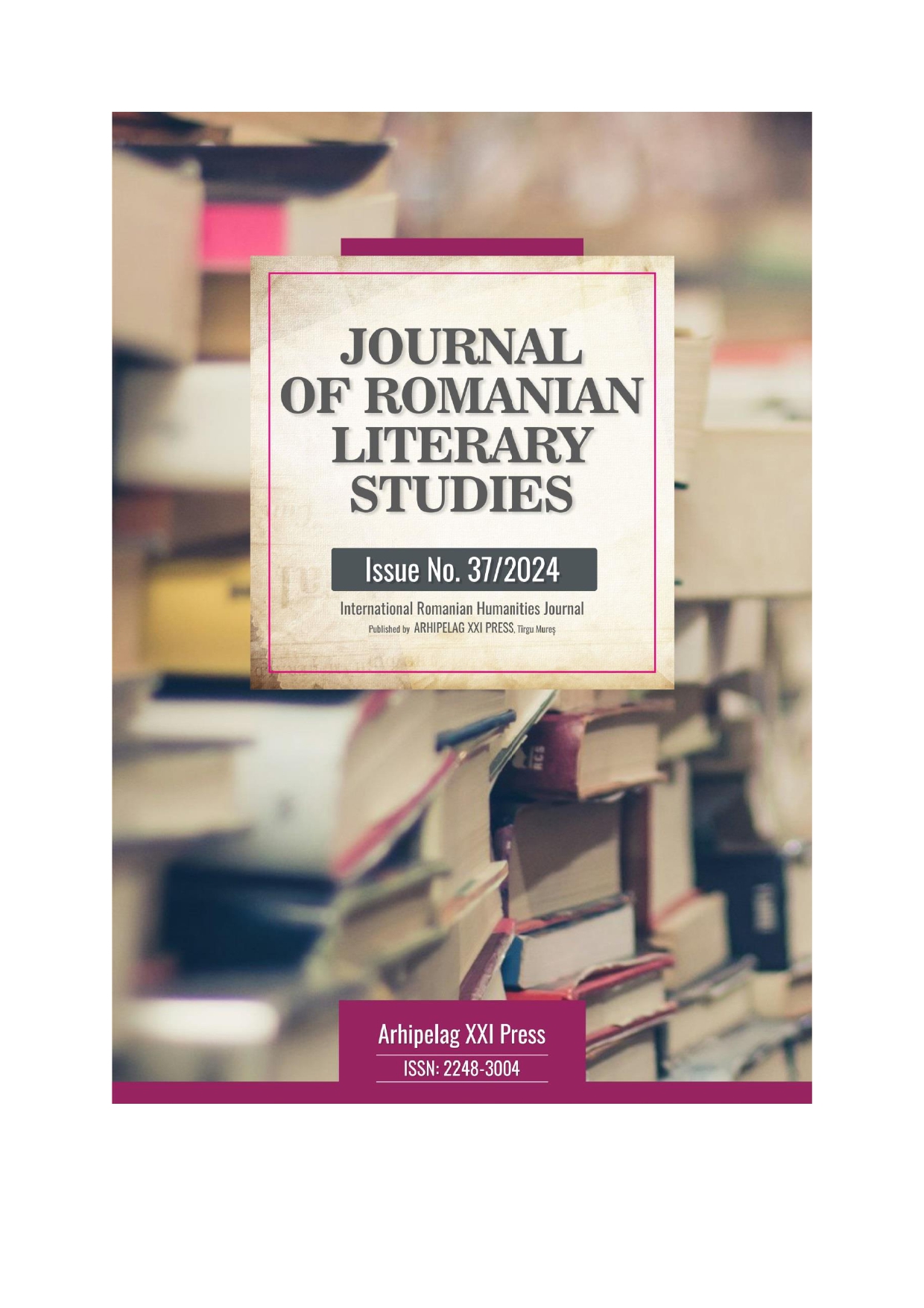THE CONCEPT OF ALIENATION IN SALAH ABD AL-SABUR’S AND T. S. ELIOT’S SELECTED POEMS
THE CONCEPT OF ALIENATION IN SALAH ABD AL-SABUR’S AND T. S. ELIOT’S SELECTED POEMS
Author(s): Khalid Qais Abd, Mushtaq Abdulhaleem Mohammed FattahSubject(s): Poetry, Other Language Literature, Philology, Theory of Literature, British Literature, American Literature
Published by: Editura Arhipelag XXI
Keywords: Alienation; Eliot; Abd Al-Sabur; Comparative Poetry; Modernism;
Summary/Abstract: Two of the most significant poets of the 20th century, Salah Abd Al-Sabur and T. S. Eliot write poems that depict their experiences of alienation in various historical and cultural situations. This paper compares and contrasts the idea of alienation in selected poems by the two poets who relate their personal, societal, and political circumstances to their sentiments of alienation, fragmentation, and isolation. It looks at how the two poets express their alienation through the use of different poetic tropes such as symbolism, intertextuality, and imagery. The poems that exemplify the work of both poets are Eliot’s “The Love Song of J. Alfred Prufrock,” “The Waste Land,” “The Hollow Men,”; Abd Al-Sabur’s “Ahlam Al-Fares Al-Qadeem” [Dreams of Ancient Knight], “Oghnia lil Shitaa” [A Song for Winter], and “Oghnia lil Layl” [A Song for Night]. The study makes the case that although alienation is a common subject across both poets, their approaches to expressing, understanding, and resolving it are different. Abd Al-Sabur's alienation is a result of his post-colonial Arab world theological crisis, cultural dislocation, and political disillusionment. By recovering his heritage, reaffirming who he is, and reviving his faith, he aims to overcome his estrangement. Eliot's moral degradation, cultural degeneration in the contemporary West, and spiritual emptiness all contribute to his alienation. He rejects his identity, runs away from reality, and embraces his tradition to overcome his estrangement.
Journal: Journal of Romanian Literary Studies
- Issue Year: 2024
- Issue No: 37
- Page Range: 506-515
- Page Count: 10
- Language: English

